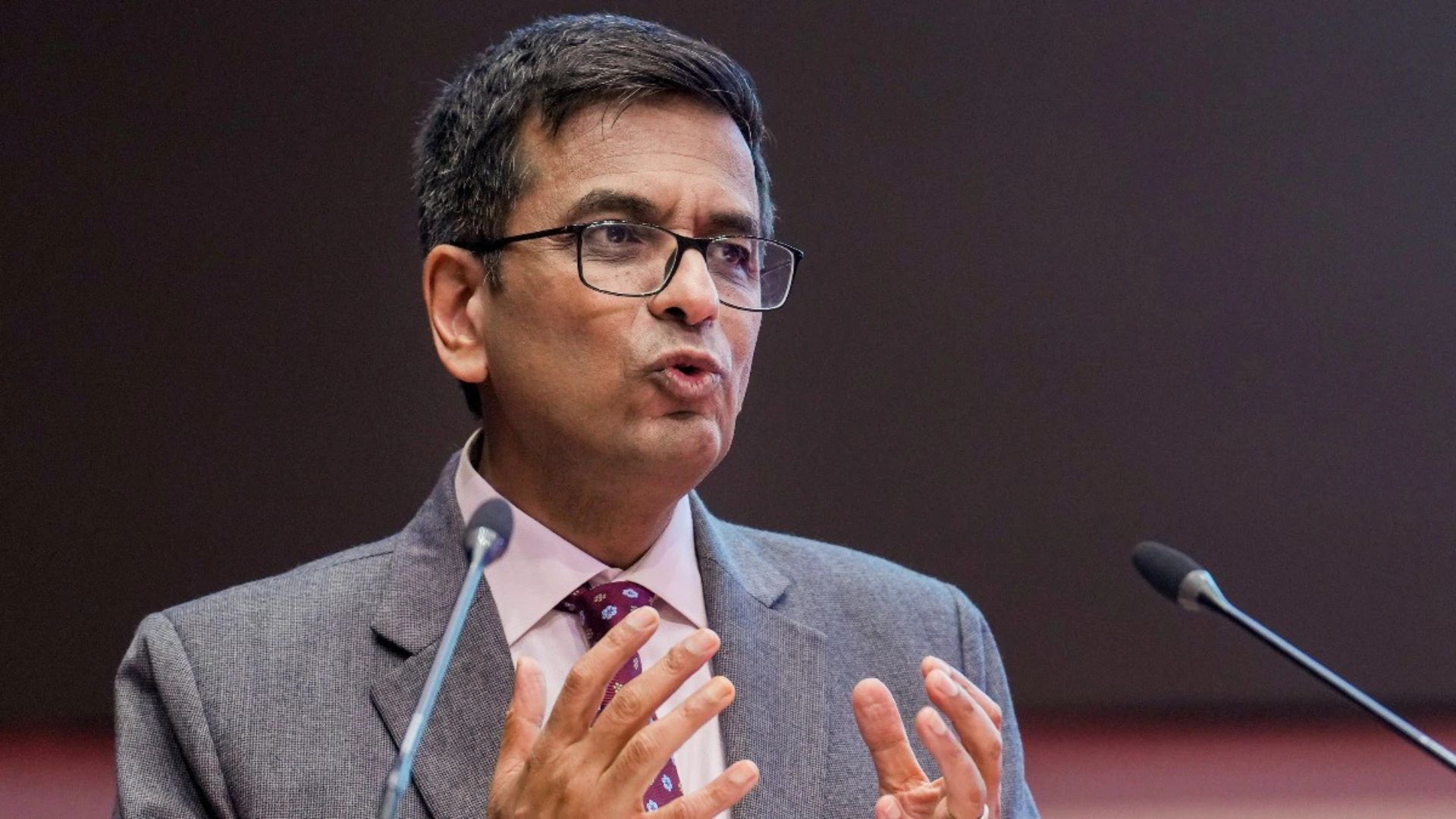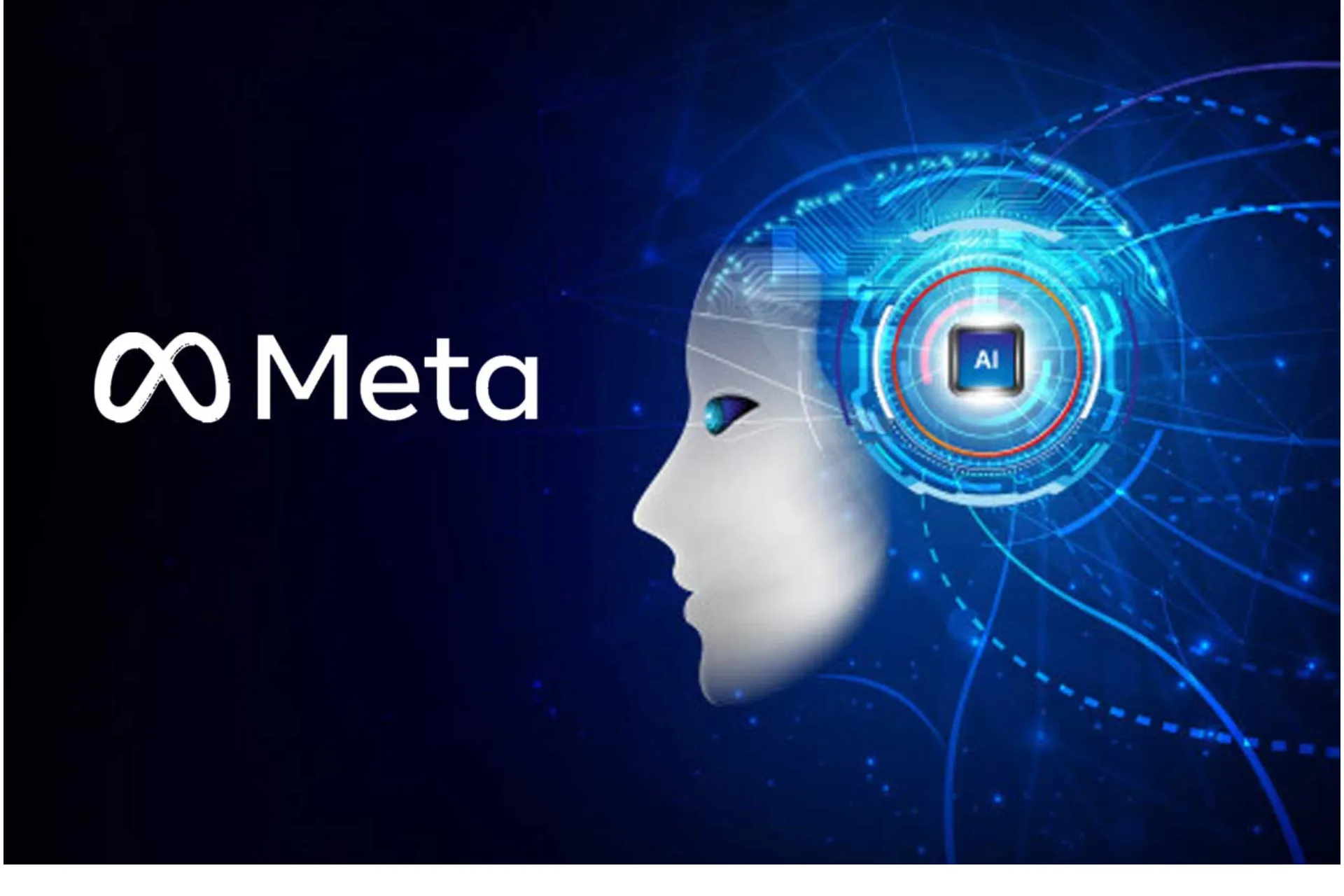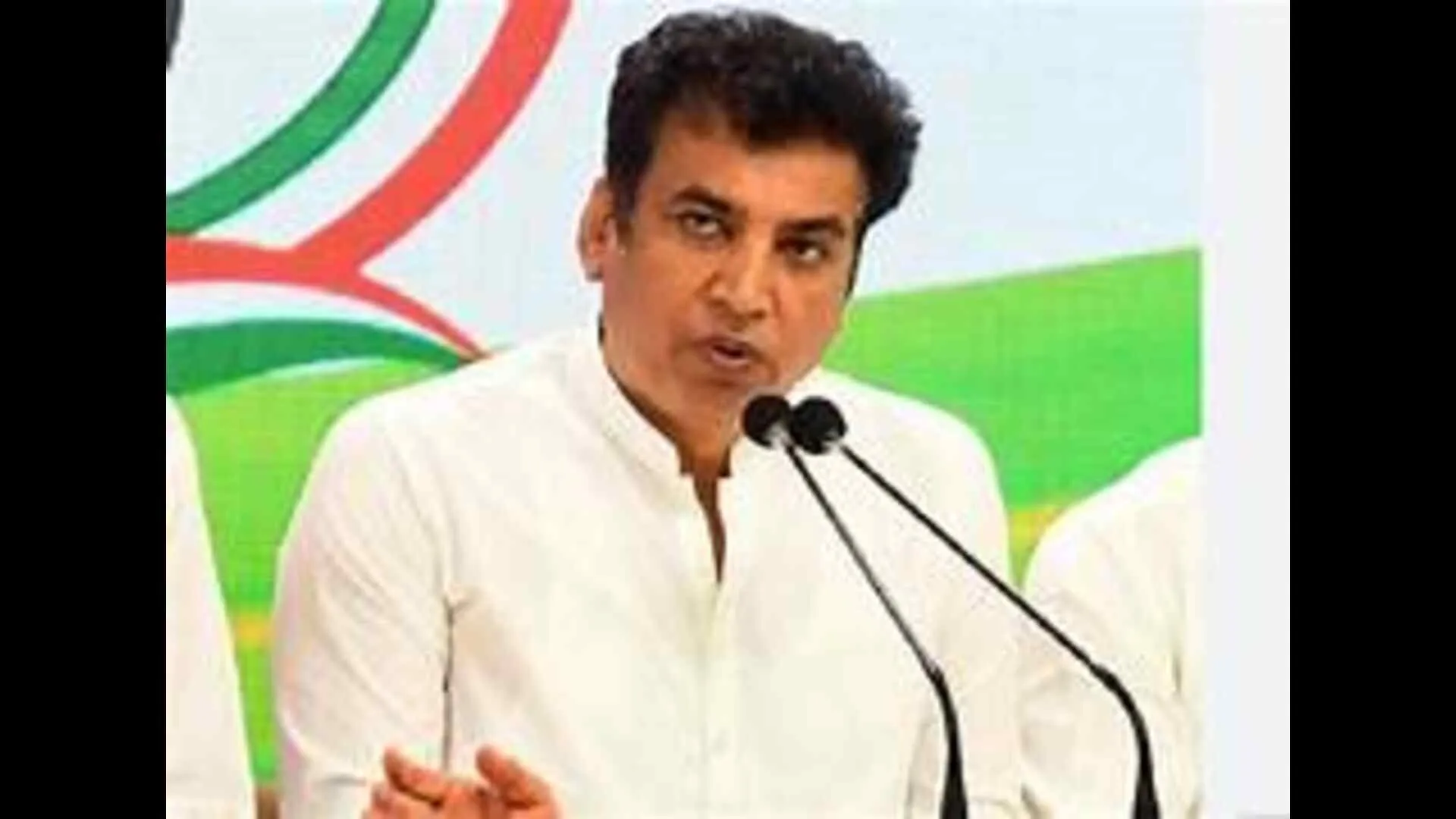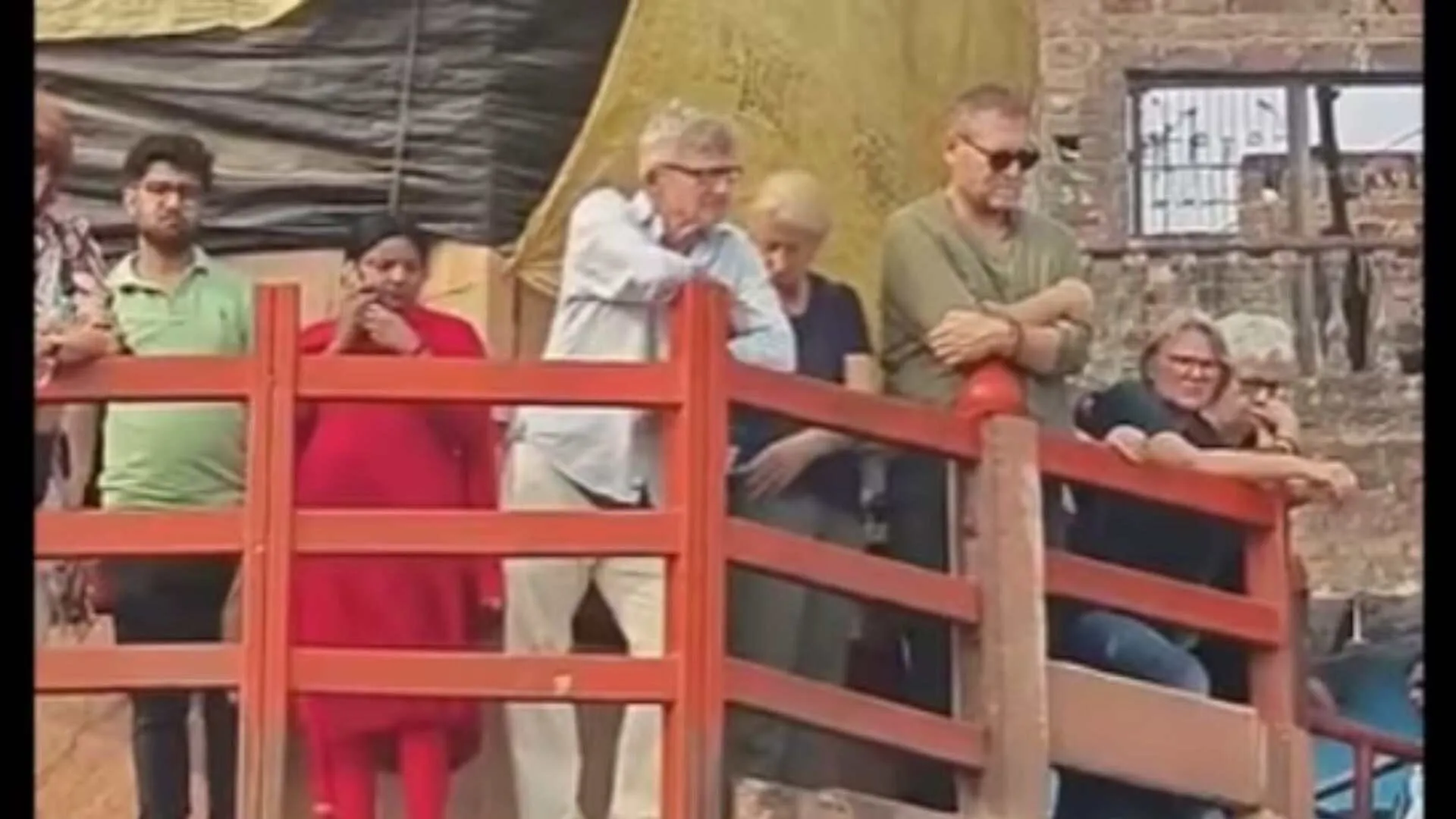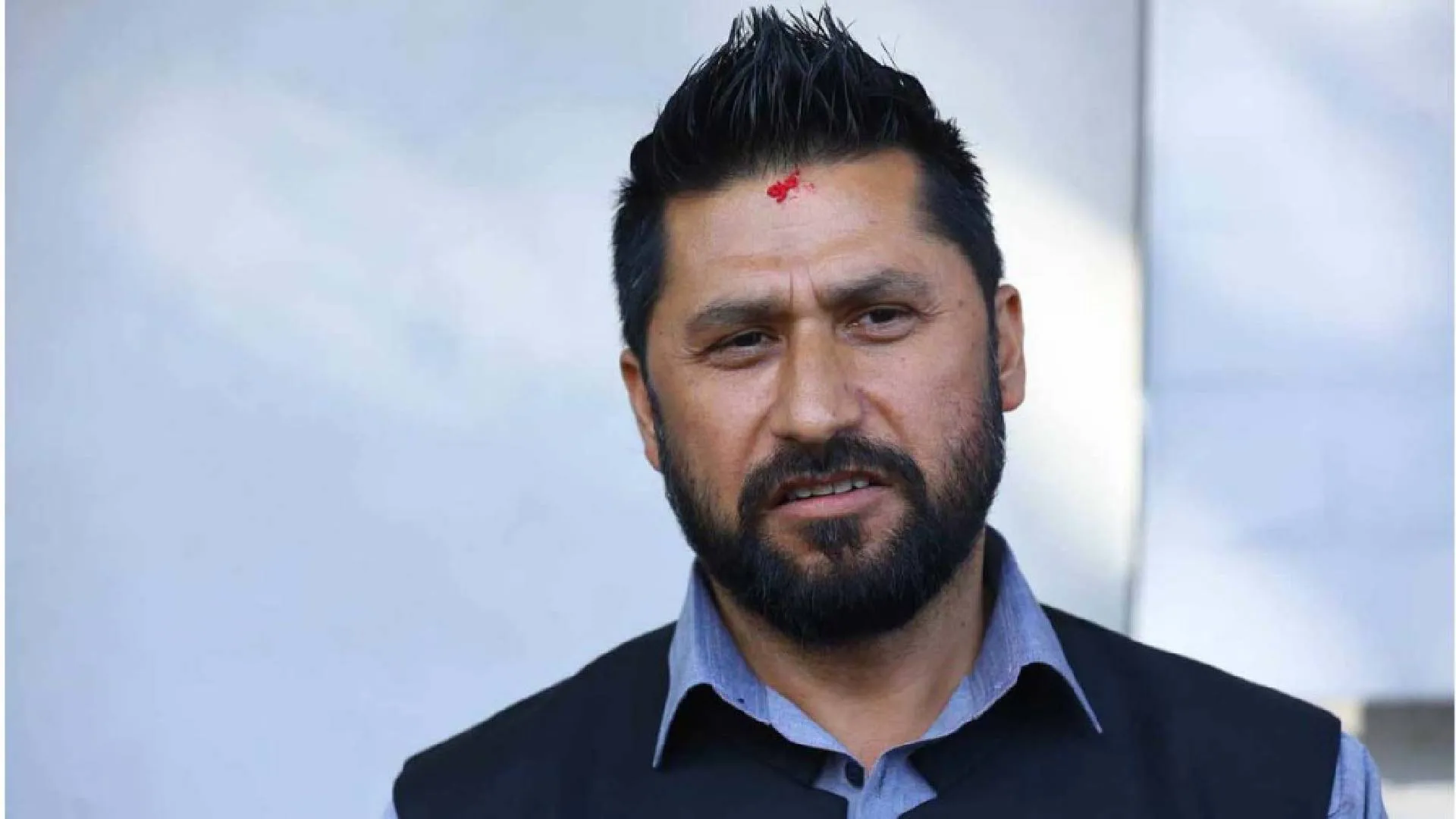As Chief Justice of India Dr. Dhananjay Yashwant Chandrachud prepares to retire on November 10, his tenure ends a notable two-year period defined by numerous reforms and advancements within the Indian judiciary. Under his leadership, he worked to modernize the judicial system using information technology, enhancing accessibility, efficiency, and inclusivity through several citizen-centric initiatives. These included establishing virtual courts as a permanent feature, launching the E-Courts project to reduce carbon footprint and transition to paperless courts, and implementing services like E-Filing for case submissions, E-Sewa Kendras to aid litigants, E-Copying for faster access to certified copies, and Su-Swagatham, an e-pass system for visitors to the Supreme Court.
The Supreme Court is currently on Diwali break, but once it resumes on November 4, CJI Chandrachud has only five working days left. With his retirement date, November 10, falling on a Sunday, he will step down the prior Friday.
Five Key Verdicts Expected from the CJI-Led Bench by November 8:
1. Validity of Madarsa Education Act: The CJI-led bench is set to rule on appeals from Madarsas and Muslim individuals challenging the Allahabad High Court’s decision to invalidate the Uttar Pradesh Board of Madarsa Education Act, 2004. In reserving judgment, CJI Chandrachud emphasized, “secularism means to live and let live,” and stressed the importance of integrating diverse religious instruction. “The country ought to be a melting pot of cultures, civilisations, and religions. Let us preserve it that way,” he said, advocating for inclusivity in mainstream education.
2. Aligarh Muslim University (AMU) Minority Status : A seven-judge bench will deliver its judgment on petitions challenging the 1968 verdict that removed AMU’s minority status. The key issue is whether AMU qualifies as a minority institution, given its establishment as a national university by British Parliament in 1920. The Centre argues that AMU’s designation as a university of national importance precludes it from being a minority institution.
3. Wealth Redistribution: A nine-judge bench reviewed Article 39(b) of the Constitution regarding state power in redistributing private wealth for public good. This interpretation coincides with political discourse, sparked by Congress leader Rahul Gandhi’s comments on wealth and resource distribution.
4. Delhi Ridge Tree Felling Case: The CJI’s bench will rule on illegal tree felling in Delhi’s ridge area, scrutinizing the role of Delhi’s LG, who claimed ignorance of court approval requirements. The bench has requested additional affidavits clarifying the LG’s knowledge of the incident.
5. Scope of LMV License: Judgment is pending on whether a person with a “light motor vehicle” (LMV) license can drive a “transport vehicle” under 7,500 kg. The decision impacts insurance claim disputes, where insurance companies argue that courts have favored insured parties despite discrepancies in license types.

